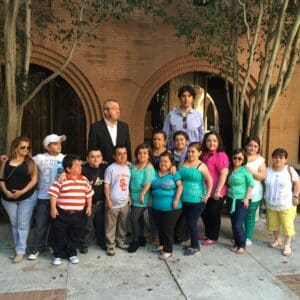Inverse featured research by Valter Longo on how fasting affects the body and the potential for a fasting-mimicking diet to improve health. “If you fast every day for 21 hours, yes, you might get lots of benefits,” Longo says, “but you’re going to get a compliance of probably less than 1 percent.”
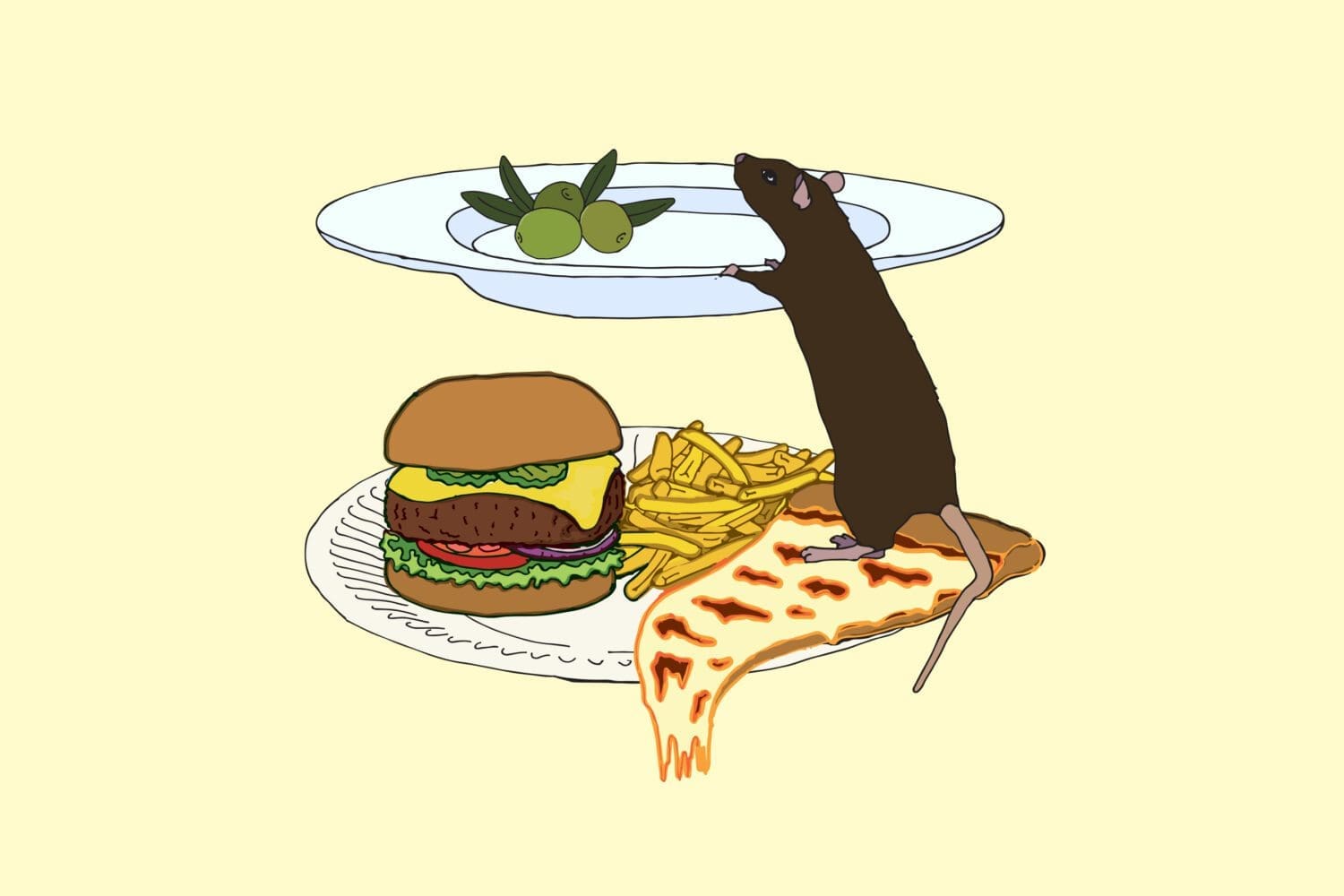
While many diets have been studied for effectiveness in preventing obesity and heart disease in both mice and humans, research on the effects and benefits of short, periodic cycles of fasting on obesity and heart health are lacking.
Read More

At the Amos Institute, alumna Amylee Amos shares dietary interventions that aim to slow or potentially reverse neurodegenerative decline.
Read More

A USC-led team of international scientists found that a one-two punch of a fasting diet with hormone therapy may enhance the effects of breast cancer treatment in small clinical trials and mouse studies.
Read More

A USC study found that a combination of a fasting-mimicking diet plus vitamin C delayed tumor progression and even caused disease regression in mice.
Read More
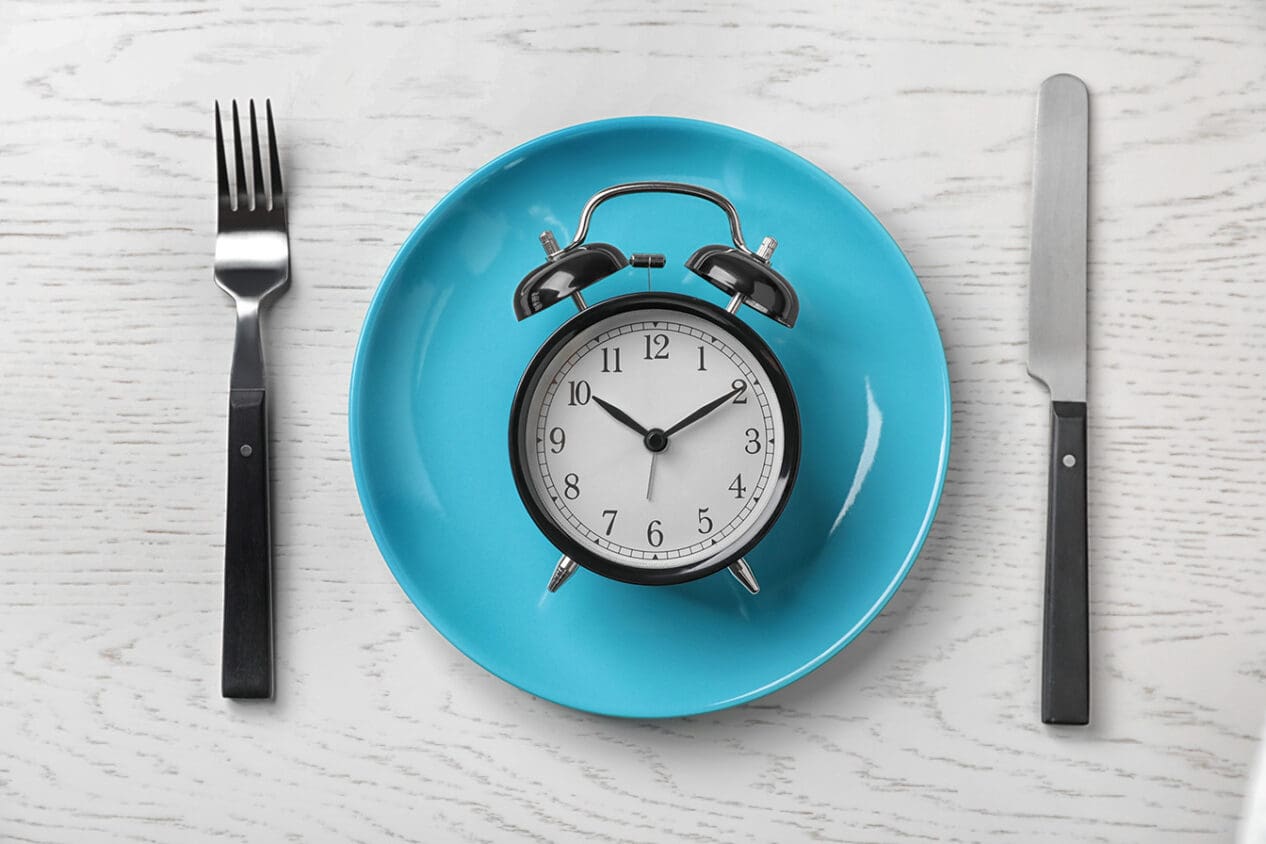
Professor Valter Longo, director of the USC Longevity Institute, is investigating how fasting and diets that mimic fasting’s effects can help immune function, including the body’s response to viruses.
Read More

A fasting-mimicking diet could spur cellular repair and improve health, says USC Leonard Davis Professor Valter Longo.
Read More
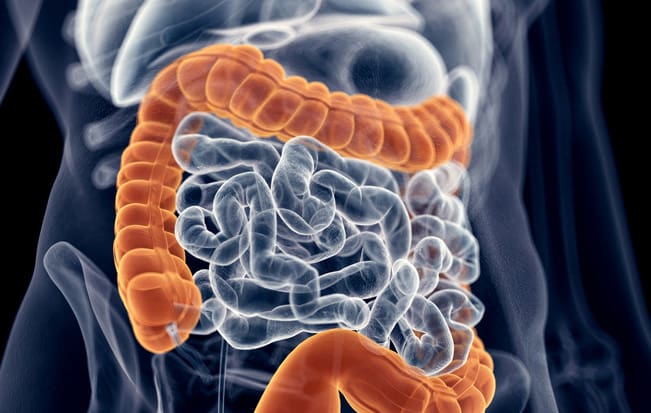
Clinical trial shows reduction of inflammation in humans; fasting-mimicking diet appears to reverse Crohn’s and colitis pathology in mice.
Read More
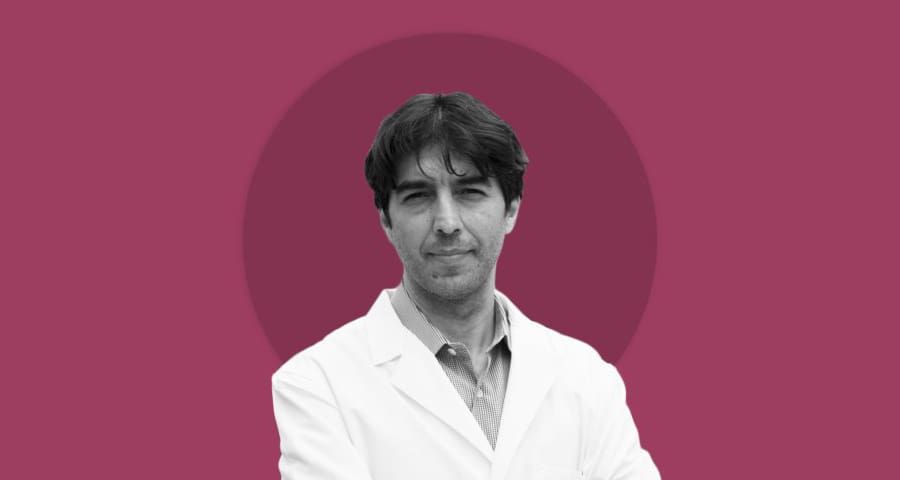
The USC Leonard Davis School professor makes Time's first annual list of the most influential people in health care.
Read More
CNN quoted Valter Longo, who runs the Longevity Institute at the USC Leonard Davis School of Gerontology. He says that periodic fasting provides a “potential alternative to taking lots of drugs,” and no major diet changes are necessary. “You can do this for five days, and then go back to what you would do normally,” added Longo.



